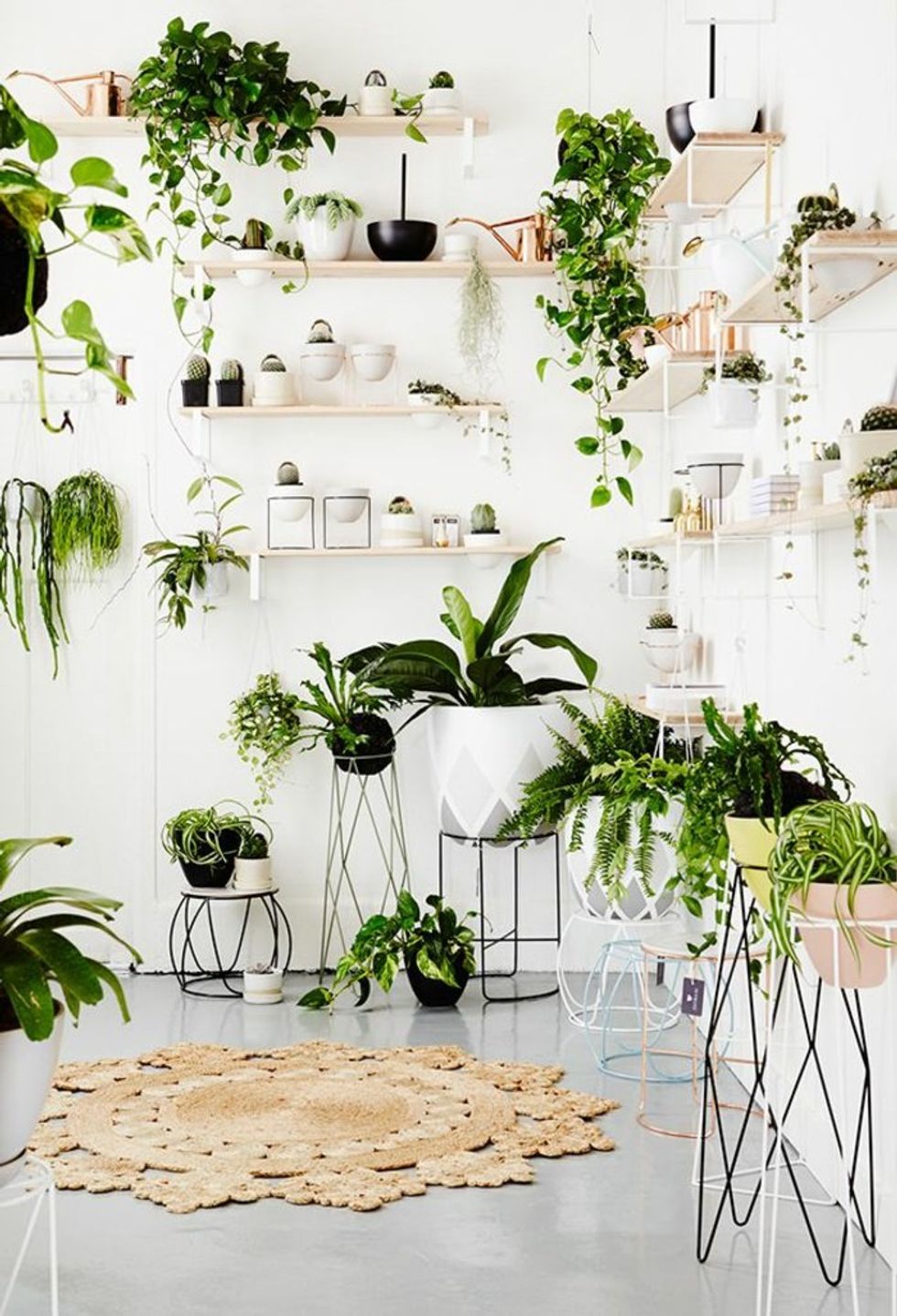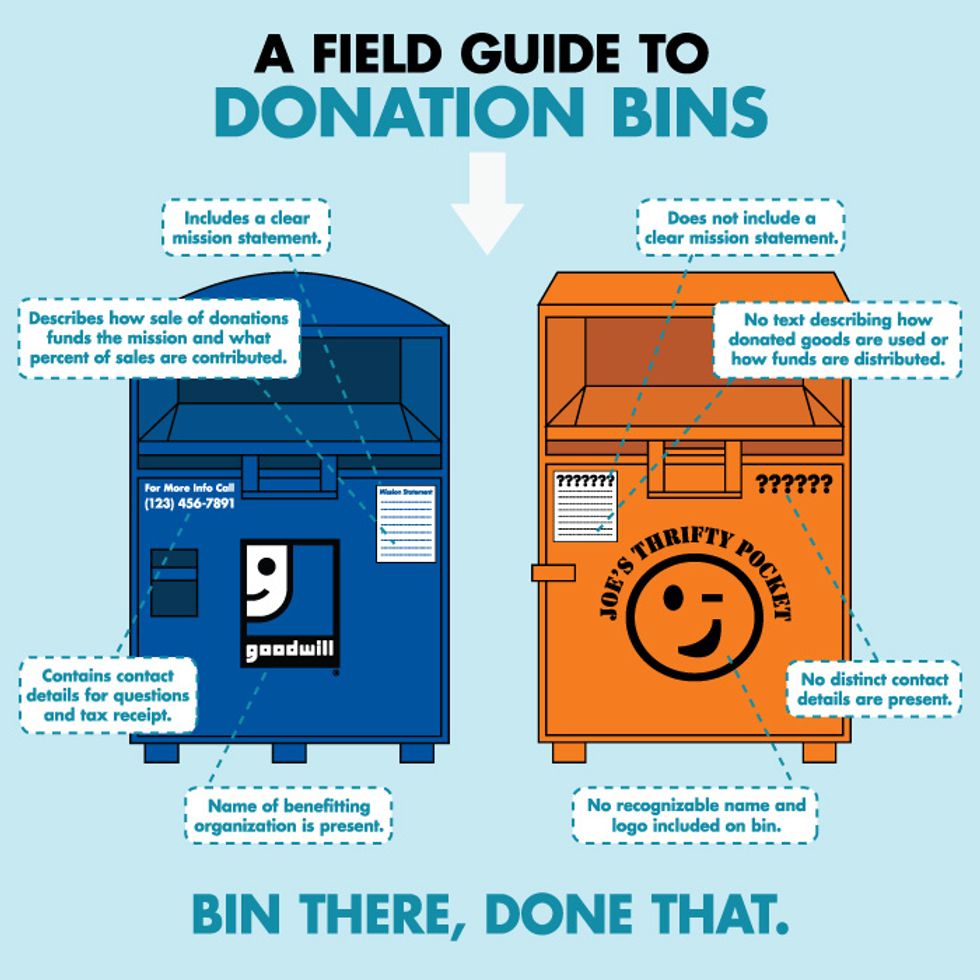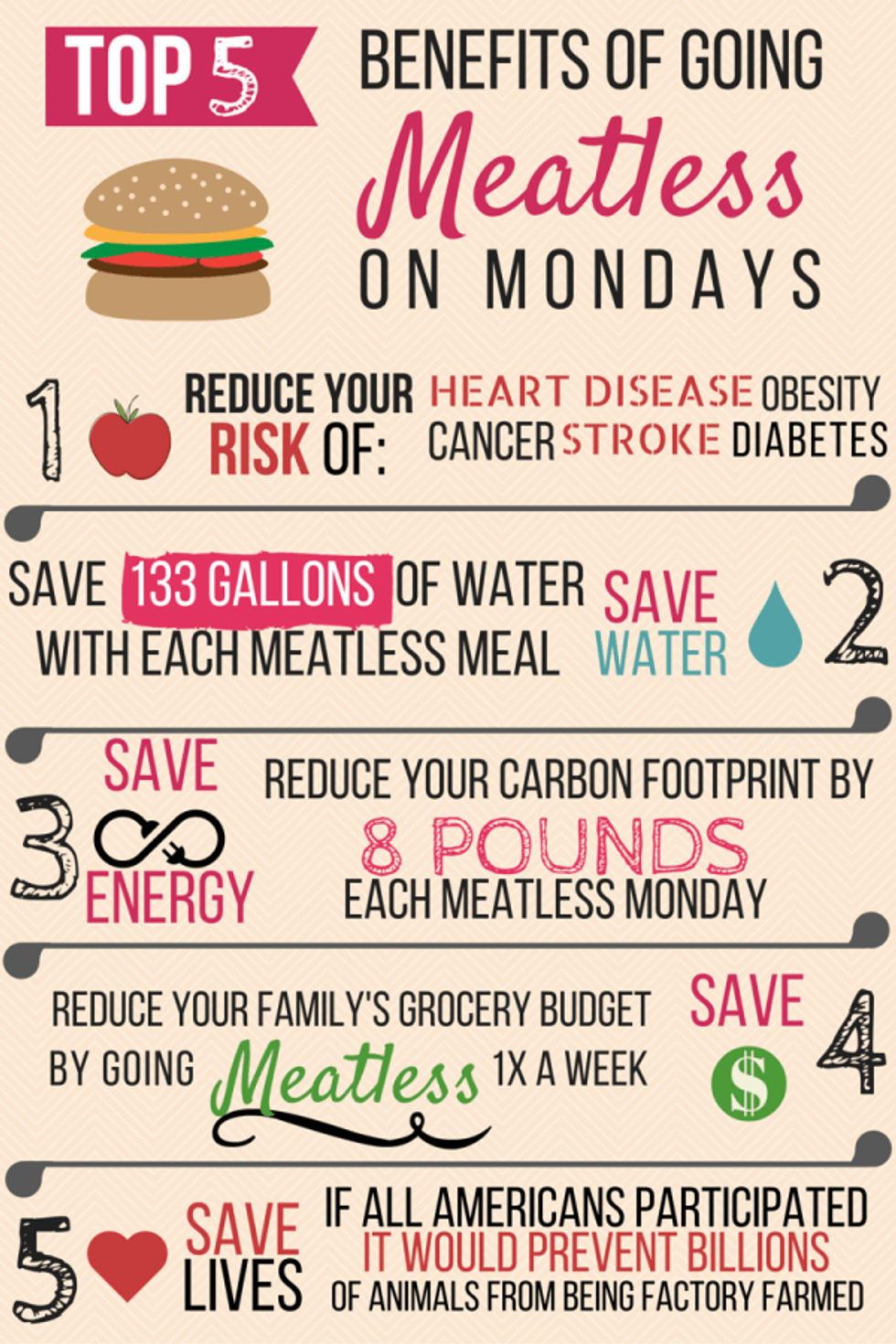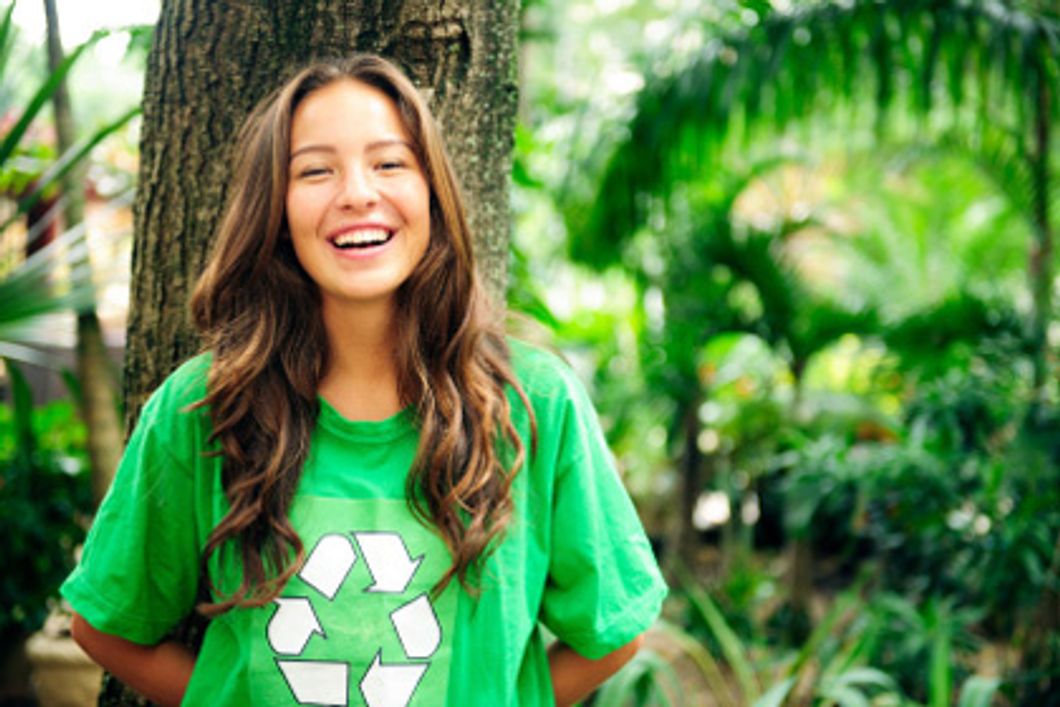So, if you haven't heard, by the year 2030 we're all doomed.
The United Nations' committee on climate change released a report showing that by the year 2030, the warming of planet Earth due to greenhouse gas emissions will reach unprecedented levels of 1.5 degrees Celsius above averages before the Industrial Revolution. This disastrous change will result in mass food shortages, droughts, wildfires, and more rising sea levels. Also, plastic pollution kills more than one million marine organisms each year, and the production of plastic in the past 50 years has DOUBLED.
Miami will soon be underwater from the rising sea levels surrounding Florida's southern peninsula. Therefore, "Mr. Worldwide" will be Mr. Under the Sea in the 305 if action is not taken soon.
Not to be a downer during the holidays, but this is a pretty big deal. The upside is that there are a bunch of super easy (and trendy) ways to live more eco-friendly this year, and most switches you won't even notice!
Reusable Grocery Bags
This one is a given, and pretty common since everyone knows plastic bags suck. They're ugly, they kill sea life, and they are totally unnecessary. Reusable bags are usually around 50 cents to a dollar a piece, and you can fit WAY more groceries in them than those annoying individual plastic ones. Most grocers are now offering discounts to customers that bring their own bags as well, since it also saves the store money. Just leave them in your car and take them in with you whenever you stop by the grocery store!
Use Travel Mugs at Coffee Shops

Starbucks now offers a bunch of cute styles of reusable coffee mugs and cups, making hot and iced cups that you can bring on your next Starbs run!
Cutting out disposable coffee cups would save waste from the cup, lid, cardboard sleeve, straw, wooden stir, and plastic plug stick that keeps that pumpkin spice latte hot. Any coffee shop will gladly make your specialty drink in your own mug, and again, many offer discounts to environmentally-conscious customers that BYOC (bring-your-own-cup). You can order your standard-sized mug to hold your typical drink, whether you're a grande gal (16 oz.) or have more of a venti personality (20 oz. hot/24 oz. iced).
Decorate with Plants

Succulents are super popular right now, and a fern makes the cutest corner piece in any room.
House decor is full of nasty chemicals and wasteful plastics that could be replaced by some oxygen-producing potted decorations. Succulents, flowers, cacti, and ferns make great additions to shelves and wall fixtures. This switch will literally make your house greener, and the planet will thank you.
Ditch Plastic Straws

These stylish bamboo straws wood be great for entertaining guests.
So if you haven't realized already, plastic sucks. Trying to eliminate as much plastic waste as possible will make your carbon footprint astronomically smaller. Despite the controversy of the War on Straws (#stopsucking, #refusethestraw, and #savetheturtles were all trending on Twitter) the fact is that even cutting down on straws would make a difference. If you've seen the heart-wrenching video of the straw being pulled from the sea turtle's nose, then you're probably already on board. As a former waitress, I can attest that I went through a few hundred straws EVERY SHIFT. No one is saying that you need to stop using straws completely and drink your cocktail or iced mocha *gasp* straight from your cup. Plenty of alternatives are available, like these hipster bamboo ones, dishwasher-safe aluminum straws, and disposable paper ones if you MUST throw them away for sanitary reasons.
Drop Off Unused Items to a Donation Center

A diagram to show you how to use donation bins.
There are always so many less fortunate people that could use items sitting in your garage, closet, and junk drawers. When items like clothing are thrown away and head for a landfill, the dyes and artificial materials end up polluting the groundwater. Donation centers like Goodwill have lists on their website of items you can and cannot donate, as well as hours and instructions for the drop-off process.
Invest in High Quality Products
Clothes are a waste item that often gets overlooked, but shopping at "fast fashion" stores like Forever 21 and H&M create more waste than good quality material. These stores mass produce cheap clothing that is only meant to be worn a few times before it is damaged and discarded so that the consumer will come back and buy more low-quality clothes. Donating items and choosing to purchase higher quality items that are designed to last will reduce this type of waste. Additionally, most fast fashion companies outsource production to regions that rely on sweatshops, child labor, and terrible working conditions for employees. Ditch the cheap Zara tops and invest in some long-lasting staple pieces for your wardrobe.
Say "NO" to the Dryer, but Yes to the Dishwasher

Dryers use unnecessary energy and drive up your electricity bill.
NEW FLASH: clotheslines are free. Dryers increase emissions and your household's carbon footprint. Sometimes drying your work uniform in a pinch is unavoidable, but making a habit of air-drying your clothes will protect the material from heat-damage too! While you're at it, wash your clothes on cold to save even more energy.
However, dishwashers are an innovation that is truly saving resources. Hand-washing uses 6 times as much water and soap, and twice the energy of a dishwasher. This is definitely a win-win: no more doing the dishes in the sink while ruining your manicure, and saving time.
Eat Locally and Sustainably
Farmers markets bring local farmers in direct contact with their consumers, and this change is exactly what the Earth needs. Basically, the shorter distance your food travels from the dirt to your mouth, the better. Buying locally grown food reduces fossil fuels, uses less plastic (hooray!), and increases nutrient density in your food. Farmers markets sell seasonally available produce, which means the thresholds of vitamins and minerals in the food will be at its highest, since this is the time of year that these fruits and veggies are intended to be consumed.
Opting for sustainably-sourced groceries will also do your health and the planet a great deal of good. Think "grass-fed", "cage-free", "pasture raised", "wild caught" and "certified humane." These labels all have to be verified by an independent agency before the supplier is allowed to use them. Again, raising livestock in pastures and letting them graze naturally increases the bioavailability of nutrients and cuts down on greenhouse emissions, because this is the way food is supposed to be harvested.
Try Vegan and Vegetarian Meals

So many reasons to ditch that burger.
You knew this was coming.
Reducing (not eliminating) some meat from your diet would make a tremendous impact on the environment, which is why I saved the best for last. You don't have to go vegan, make your own veggie burgers, or give up your hangover bacon-and-eggs. All we're asking is that you pledge for one-day, or even one meal, that you would eat plant-based each week. Incorporating a Meatless Monday would kick off your work week on a healthy start and let you try out new recipes.
P.S. if you haven't tried Banana Nicecream is super easy and TO DIE for.

















